Nagorno-Karabakh: Azerbaijan says extra guarantees for enclave’s ethnic Armenians not possible
By Andrew Osborn and Mike Collett-WhiteJune 23, 2023
6:04 AM CDT
Updated 4 days ago
LONDON, June 21 (Reuters) - Azerbaijan's foreign minister has rejected a demand from Armenia to provide special security guarantees for some 120,000 ethnic Armenians living in the Nagorno-Karabakh enclave ahead of a new round of peace talks, saying they are sufficiently protected.
Nagorno-Karabakh, internationally recognised as part of Azerbaijan, has been a
source of conflict between the two Caucasus neighbours since the years leading up to the collapse of the Soviet Union in 1991, and between ethnic Armenians and Turkic Azeris for well over a century.
After heavy fighting and a Russian-brokered ceasefire, Azerbaijan in 2020 took over areas that had been controlled by ethnic Armenians in and around the mountain enclave.
The two sides have since been discussing a peace deal in which they would agree on borders, settle differences over the enclave, and unfreeze relations.
In what looked like a breakthrough, Prime Minister Nikol Pashinyan was
quoted last month as saying Armenia did recognise that Karabakh was part of Azerbaijan, but wanted Baku to provide the guarantees for its ethnic Armenian population.
In an interview with Reuters, however, Azerbaijani Foreign Minister Jeyhun Bayramov said such a guarantee was unnecessary, and the demand amounted to interference in Azerbaijan's affairs.
"We don't accept such a precondition or pretexts from the Republic of Armenia for a number of reasons," he said.
"The most fundamental is the following: this is an internal, sovereign issue. The Azerbaijan constitution and a number of international conventions to which Azerbaijan is party provide all the necessary conditions in order to guarantee the rights of this population."
He said ethnic Armenians could still use and be educated in their own language and preserve their culture if they integrated into Azeri society and state structures like other ethnic and religious minorities.
'SOME PROGRESS'
Bayramov said there had been "some progress" in peace talks, and that Baku was keen to strike a deal, but also made comments that show how wide the gulf remains before he meets his Armenian counterpart for more talks in Washington next week:
"We believe it was the first time when an Armenian prime minister actually publicly stated this. Why did it take the prime minister two-and-a-half years (since the war ended) to say he actually recognised the sovereignty and territorial integrity of Azerbaijan?"
Bayramov, who was in London to attend a conference about Ukraine's recovery, complained too about the continued presence of thousands of Armenian troops on Azeri territory.
Moscow - which has peacekeepers on the ground - and Washington and the European Union are all trying separately to help ensure lasting peace between Azerbaijan and Armenia, which have fought two wars since the early 1990s and still have sporadic firefights.
Pashinyan is under pressure at home to protect the rights of the ethnic Armenians living in the enclave as Baku pushes for ethnic Armenian government and military structures to be dissolved and the population to accept Azerbaijani passports.
Tensions have been raised by Baku installing a checkpoint on the
Lachin Corridor - the only road that connects the enclave with Armenia - following months of disruption caused by people who called themselves Azerbaijani environmental activists.
Baku says the checkpoint is necessary to prevent the smuggling of military supplies into the enclave and illegally-mined materials out. It denies Armenian allegations that it has imposed a blockade that makes life miserable for Karabakh's inhabitants.
Ruben Vardanyan, a billionaire banker who was a top official in Karabakh's separatist government until February, on Thursday accused Baku of trying to "ethnically cleanse" the enclave by imposing what he called a goods and energy blockade - allegations that Azerbaijan denies.
Bayramov said a peace deal was within reach if Armenia was ready to take certain steps.
"If there is a will not only to make statements but do some practical steps, I think that potentially it's possible to reach an agreement even earlier than the end of the year," he said.
"But if there's no real readiness ... then it might be later."
Michael helps regional editors oversee initiative coverage from Africa, Middle East and South Asia, and temporarily stepping into a similar role for the Ukraine war. A senior editor he was working on Asia Top News, and lead EMEA Top News with an emphasis on in-depth stories. During his nearly 30 years at Reuters, he held postings in Moscow, Central Asia, Pakistan and Afghanistan. He also covered conflicts in the Balkans, Afghanistan and Iraq, uprisings in Egypt and the annexation of Crimea, as well as World Cups, Olympic Games and the arts and entertainment sector as senior correspondent, EMEA. He won Reuters editor of the year for 2015 Afghan coverage. Contact: +447990560229
Azerbaijan's foreign minister has rejected a demand from Armenia to provide special security guarantees for some 120,000 ethnic Armenians living in the Nagorno-Karabakh enclave ahead of a new round of peace talks, saying they are sufficiently protected.

www.reuters.com

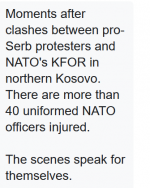
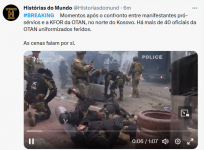
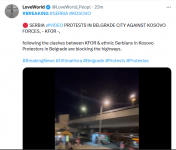

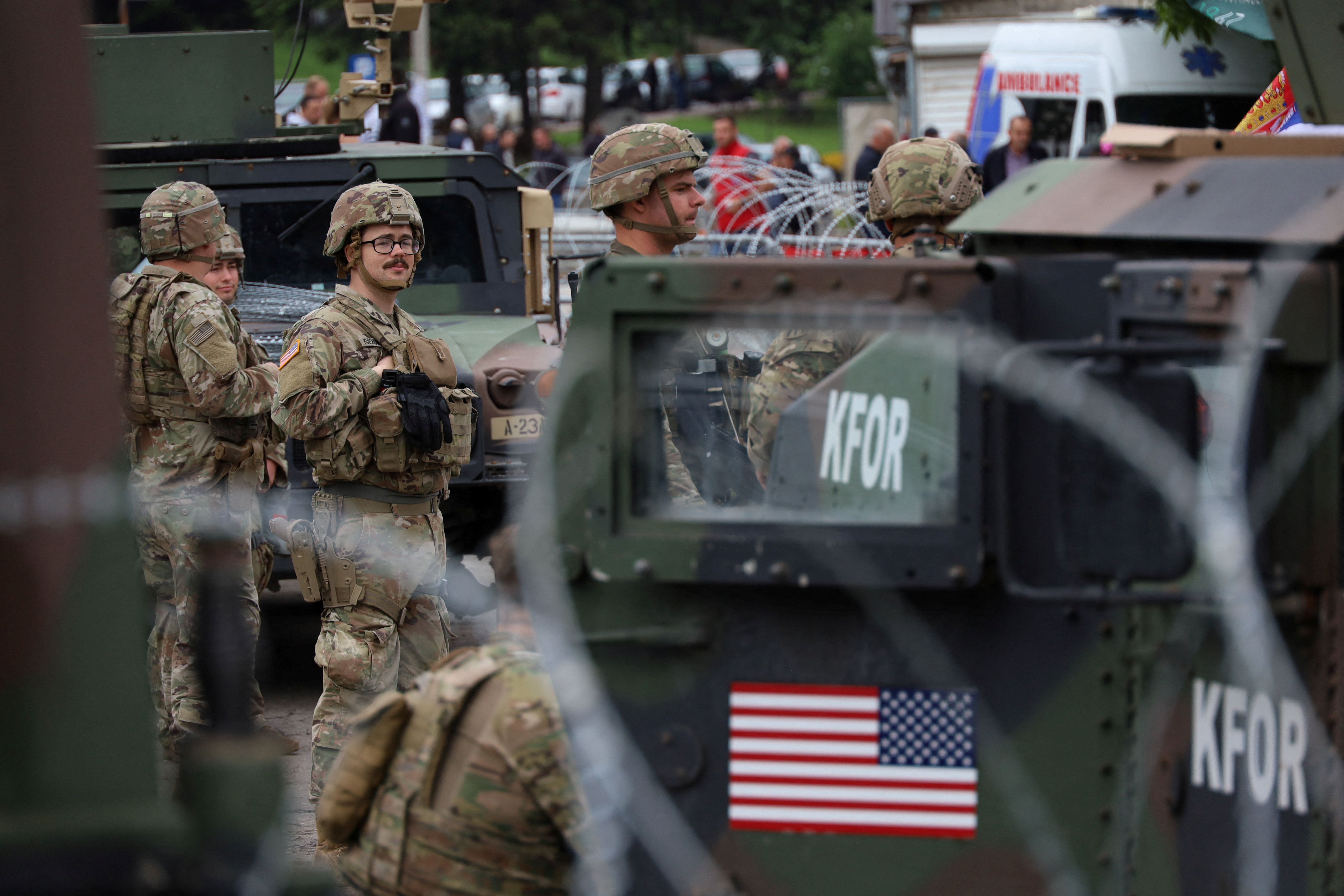
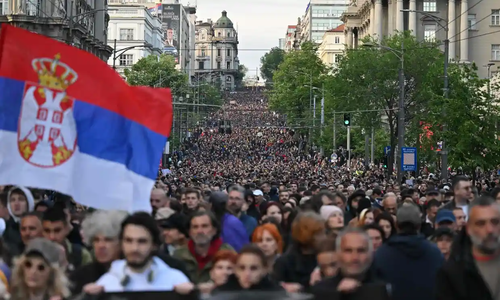 Large Serbian protests against gun violence and government mismanagement in May. AFP/Getty Images
Large Serbian protests against gun violence and government mismanagement in May. AFP/Getty Images/cloudfront-us-east-2.images.arcpublishing.com/reuters/JMCHINSFYZMYLGZNQSGJEY52Z4.jpg)